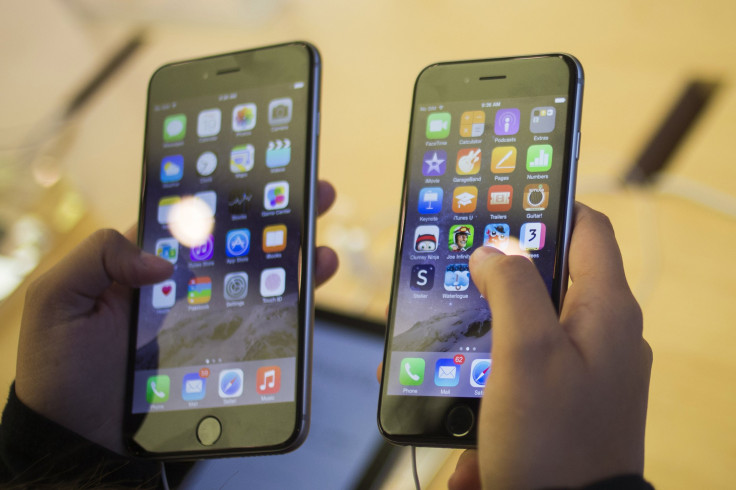CVS, Rite Aid Baffle Payments Industry With Decisions To Block NFC, Apple Pay

No merchant ever says, “We don’t want your money.” Nor do they say, “We'll take your money, but you must use our payments system.” Indeed, the idea of a merchant that does not accept all forms of payment -- Visa, MasterCard, American Express, cash, etc. -- seems woefully outdated.
So what should we make of moves by the nation's second- and third-largest drug store chains -- CVS Health and Rite Aid -- which admitted Monday they're disabling Apple Pay, the mobile payments system launched by Apple Inc. earlier this month?
“It does seem a little weird or a strange strategy to alienate all Apple users,” ABI Research senior analyst, Phil Sealy said. “When you consider the U.S. as far as the penetration of who has what devices, it’s pretty much an Apple country.”
The drugstore chains themselves offered little clarity, issuing cryptic statements on the matter. “Given that we are still in the process of evaluating our mobile payment options, Rite Aid does not currently accept ApplePay,” said Ashley Flower. Rite Aid senior manager of public relations.
CVS not only disabled Apple Pay, but all payment systems using near-field technology, or NFC. “At this time, CVS pharmacy cannot accept Apple Pay or other mobile payments that use NFC technology,” said Mike Deangelis, CVS director of public relations. “We are in the process of evaluating mobile payment options for our customers.”
This drew the ire of MasterCard, which issued its own statement: "We believe that people should be able to choose how they want to pay. We are disappointed that both Rite Aid and CVS have decided to block their customers from using the payment method of their choice by turning off the convenience of contactless acceptance terminals and declining transactions made with contactless, including Apple Pay."
But by disabling NFC, CVS hobbled other payments systems including Softcard and Google Wallet, baffling some and angering many more on Web. On Reddit, two groups devoted to Apple and Android -- normally fierce rivals -- united in protest.
In the case of Rite Aid, this was purportedly related to the launch of their own mobile wallet next year, according to leaked internal memos obtained by Slash Gear. Though the memo doesn’t specify its mobile wallet by name, many speculate that it is referring to CurrentC, a mobile payment platform that eschews the use of NFC in favor of a QR code based solution to complete purchases. The group backing CurrentC is Merchant Customer Exchange or MCX, a consortium of retailers which include CVS Health, Rite Aid, Walmart and many others. It isn’t clear if disabling NFC was solely due to CurrentC, but if that is the case, merchants have a lot at stake with its mobile payment solution.
“If CurrentC is the motivation, it’s a direct competitor to Apple Pay,” Sealy said. “If you look closely at Apple Pay partnerships, a lot of those are banks and institutions. If you look at CurrentC, it’s mostly retailers and merchants.”
In the case of CurrentC, it primarily benefits retailers and merchants by giving them access to consumer data and cuts out credit card processing fees, Sealy said. In contrast, Apple Pay continues to use NFC payment technology, while shielding consumer data by anonymizing each transaction. That spending data is highly valuable to the drug store chains, which have very sophisticated customer loyalty programs.
Should more merchants join Rite Aid and CVS with dropping NFC functionality, it could be a small setback for the wireless technology, which has failed to gain significant traction over the past few years. Though CVS and Rite Aid have disabled NFC functionality of its terminals, the competing CurrentC standard won't be available until 2015.
© Copyright IBTimes 2024. All rights reserved.












